This is a self-paced course; however, all submitted work will receive feedback from a real instructor. In this semester long course, learners will write a total of SIX essays, FOUR creative writing pieces, ONE poem, and ONE book report. Learners will read TWO short stories, ONE ballad or epic, ONE text of their choice, and an optional mythology. The course will consist of twelve modules.
In this self-paced course, you’ll delve into a diverse array of writing genres, from informal essays to poetry and mythology.
𝐌𝐨𝐝𝐮𝐥𝐞 𝐁𝐫𝐞𝐚𝐤𝐝𝐨𝐰𝐧:
Module One: Informal Essay Writing
Module Two: Definition Essay
Module Three: Persuasive Essay
Module Four: Personal Narrative
Module Five: Research Paper
Module Six: Creative Writing and Dialogue
Module Seven: Book Report and Writing a Review
Module Eight: Compare/Contrast Essay and Outline
Module Nine: Poetic Expression
Module Ten: Literature Analysis Essay
Module Eleven: Myths and Just So Stories
Module Twelve: Fables and Tall Tales
What will be taught?
Throughout the course, learners will craft compelling narratives, develop persuasive arguments, explore poetic expression, analyze literature, and much more. Each assignment is designed to expand their writing repertoire and deepen their understanding of literary techniques.
What topics are covered?
Topics covered include informal and formal essay writing, definition essays, persuasive writing, personal narratives, research papers, creative writing, dialogue construction, book reports, comparative analysis, poetic expression, literature analysis, and exploration of myths, fables, and tall tales.
How is the class structured?
This self-paced class consists of twelve modules of engaging writing assignments, with each week focusing on a specific genre or writing task. There are no live meetings, allowing for flexibility to progress at your child’s own pace. Assignments are structured to build upon each other, guiding them through a comprehensive exploration of writing styles and literary forms.
How will the class be taught?
Learners will receive detailed instructions for each assignment, along with resources and examples to inspire their creativity. The instructor will provide guidance and support through the classroom platform, offering feedback on all submitted work to help them refine their writing skills.
Learning Objectives:
Developing a Range of Writing Styles: By completing various writing assignments, including informal essays, persuasive essays, personal narratives, creative writing pieces, and poetry, learners will develop the ability to adapt their writing style to different purposes and genres.
Critical Reading and Analysis: Through the reading of short stories, ballads, epics, and optional mythological texts, students will improve their ability to critically read, analyze, and interpret various forms of literature.
Research and Information Synthesis: In the research paper assignment, learners will practice conducting research, evaluating sources, and synthesizing information to support their arguments, enhancing their research and information literacy skills.
Effective Communication: Writing essays, creative pieces, and participating in a book report and review will help students hone their skills in effective communication, clarity, and organization of ideas.
Literary Analysis: Learners will develop the ability to analyze and interpret literature in a structured manner, evident in the literature analysis essay assignment, thus improving their critical thinking and literary analysis skills.
Revision and Improvement: The opportunity for a final revision in the last week of the course encourages students to refine their work, apply feedback, and showcase their growth as writers. This promotes a culture of continuous improvement and self-assessment.
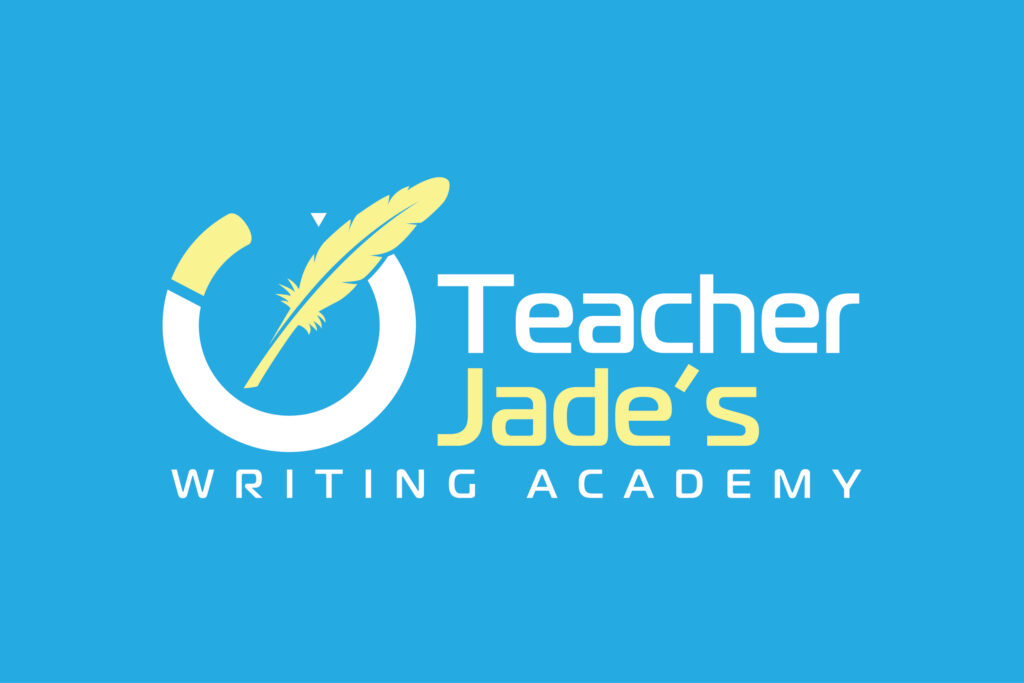
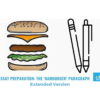

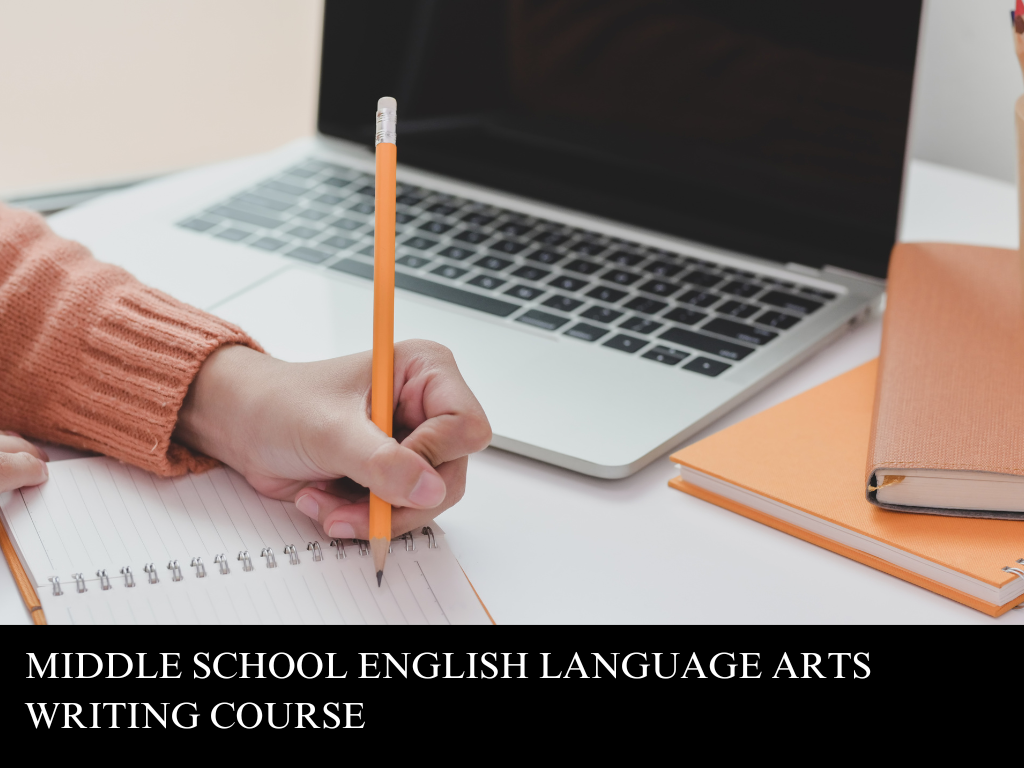
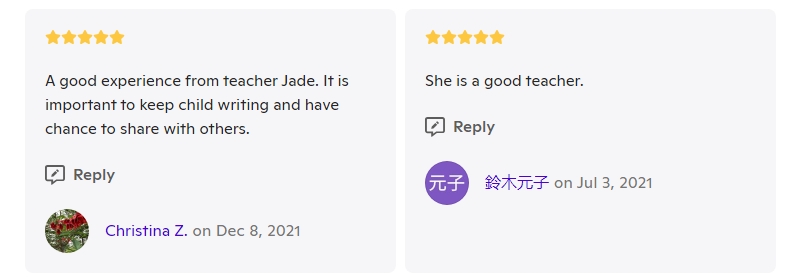
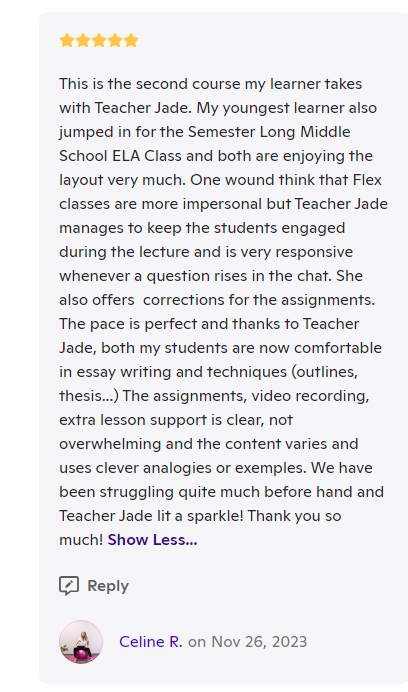
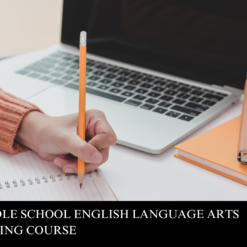
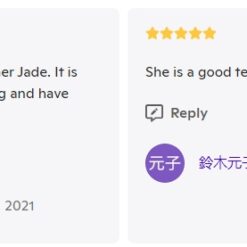
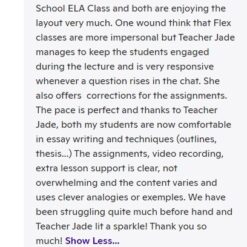
Reviews
There are no reviews yet.